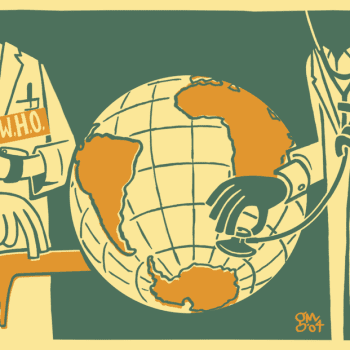More perspective on the economy from James Q. Wilson:
Poverty in America is certainly a serious problem, but the plight of the poor has been moderated by advances in the economy. Between 1970 and 2010, the net worth of American households more than doubled, as did the number of television sets and air-conditioning units per home. In his book “The Poverty of the Poverty Rate,” Nicholas Eberstadt shows that over the past 30 or so years, the percentage of low-income children in the United States who are underweight has gone down, the share of low-income households lacking complete plumbing facilities has declined, and the area of their homes adequately heated has gone up. The fraction of poor households with a telephone, a television set and a clothes dryer has risen sharply.
In other words, the country has become more prosperous, as measured not by income but by consumption: In constant dollars, consumption by people in the lowest quintile rose by more than 40 percent over the past four decades.
















